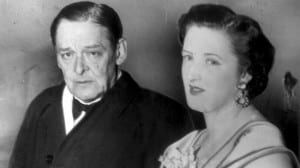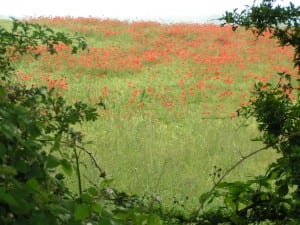Open educational resources and course take advantage of the internet to offer free learning opportunities. One of the leading platforms is the US based Coursera at https://www.coursera.org and I’ve been looking at its Modern and Comtemporary American Poetry or MoPo as it calls itself. The course has just completed a ten week teaching schedule but the content will remain online for the rest of the academic year and is well worth visiting.
Starting with Emily Dickinson and Walt Whitman the syllabus traces the development of poetic modernism including Ezra Pound, William Carlos Williams and Gertrude Stein before moving onto Anti Modernism, Formalism, the Beat Poets of the 1940’s and 50’s and onto the New York School and Language Poetry before finishing with Conceptualism. Materials include links to all the relevant texts and videos of round table discussions between the tutor Al Filreis and his students at the University of Pennsylvania. There are communication forums, recordings of live webcasts and an interesting peer review assessment technique. This is a brilliant introduction to 150 years of Modern and Contemporary American Poetry and its free. What’s not to like!


